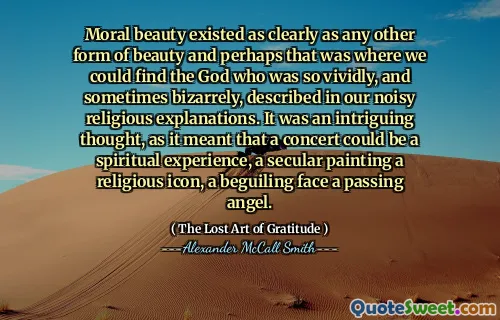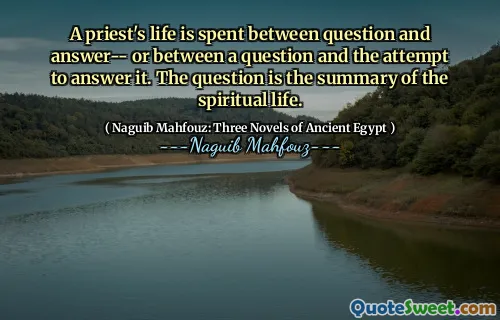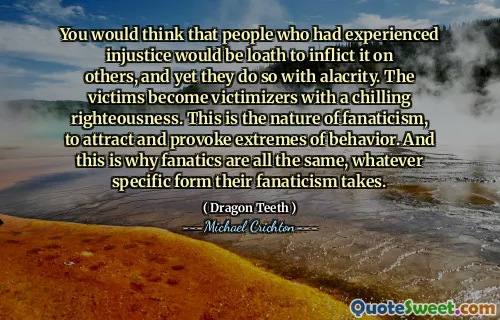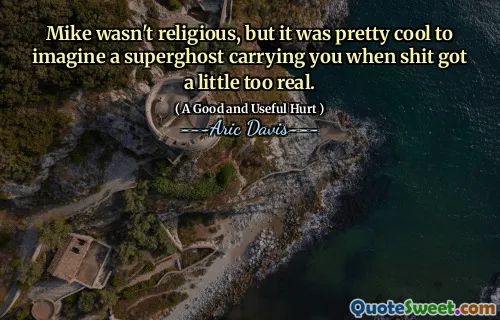
Everyone for themselves and God against all
This quote encapsulates a profound view on individualism and the perceived relationship between human beings and divine authority. It suggests a worldview where, in the struggle of life, individuals primarily look out for their own interests, often at the expense of communal or collective well-being. The addition of 'and God against all' introduces a somewhat provocative tone, implying a scenario where divine forces are aligned with the individual or perhaps indifferent to the collective. Such a perspective can evoke discussions about morality, loyalty, and the human condition.
From a philosophical standpoint, this quote invites reflection on the nature of self-preservation versus altruism. It echoes sentiments found in existentialist thought, where individuals are seen as isolated entities in a vast, often indifferent universe, forced to forge their path amidst uncertain morality. It also resonates with themes seen in political philosophy, especially during times of upheaval or societal fragmentation, where trust in collective institutions wanes and individual survival becomes paramount.
Moreover, the invocation of God can lead to nuanced debates about faith, divine justice, and the role of religion in shaping personal morality. Does this suggest divine support for the individual, or perhaps a view of divine neutrality, asserting that divine forces do not intervene in human affairs? This tension between divine authority and personal autonomy is a recurring theme across cultures and religions.
Ultimately, this quote challenges us to think about the nature of loyalty, the framing of morality in times of crisis, and the individual's role within larger social and divine orders. It prompts an examination of whether such a stance is rooted in cynicism or a realistic acknowledgment of human and divine indifference in the face of survival and self-interest.











